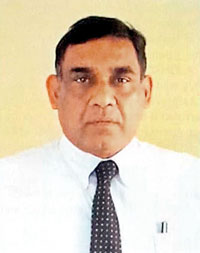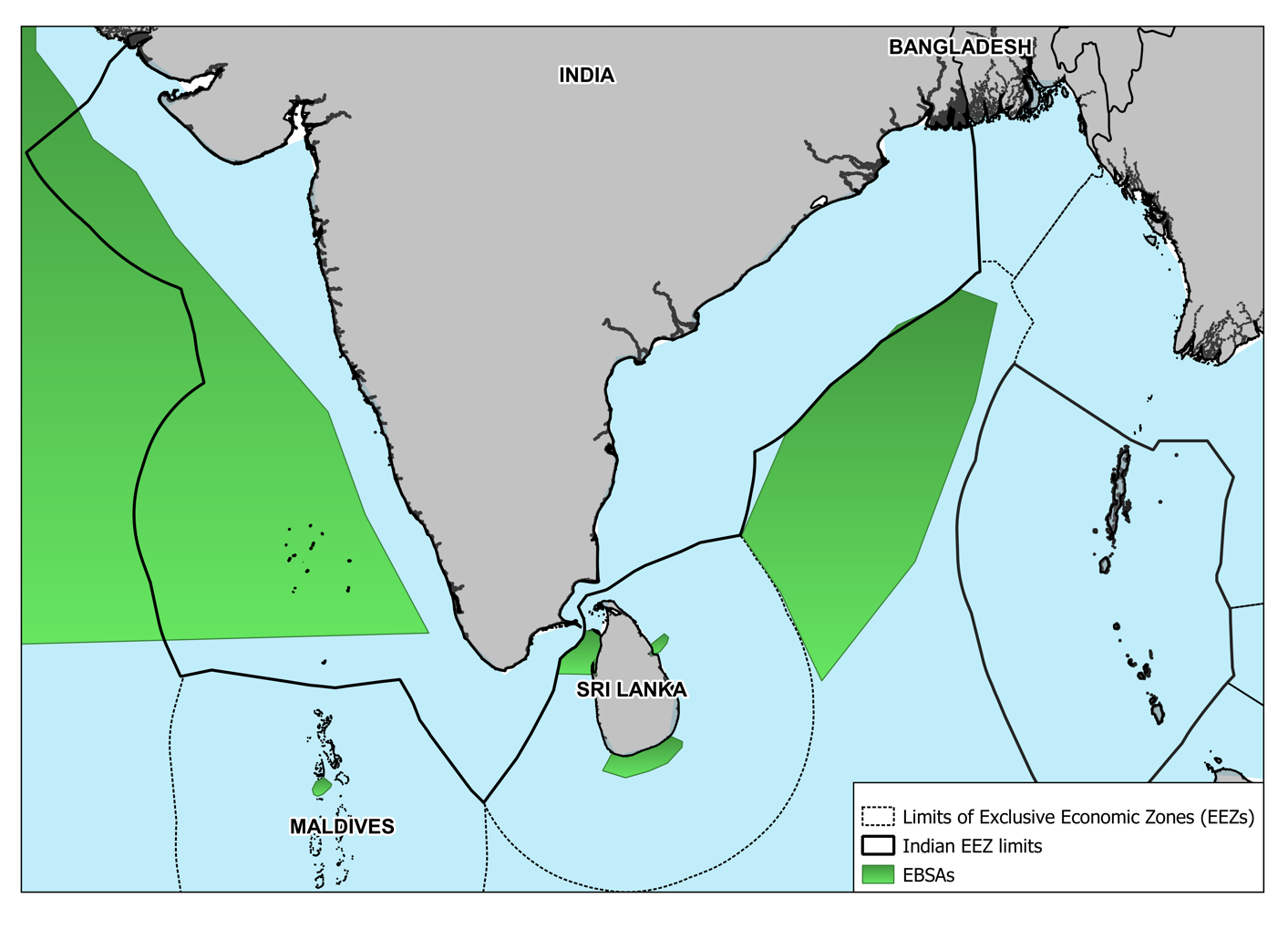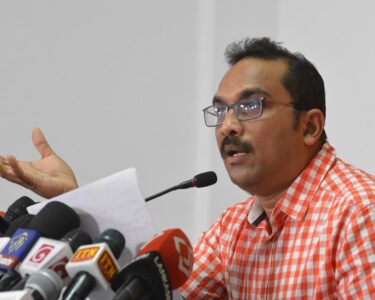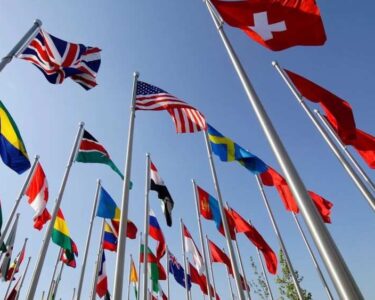Sri Lanka’s bid to claim an extended continental shelf beyond its 200-nautical-mile Exclusive Economic Zone (EEZ) remains stuck in a diplomatic dispute, with India, the Maldives, and Bangladesh also laying claim to parts of the same territory.
A local expert has now urged the government to form a Task Force of knowledgeable individuals to represent Sri Lanka’s case at international forums and work closely with India to secure its maritime claims.
The Background of Sri Lanka’s Claim
Sri Lanka’s right to make this claim was established after it successfully presented its case before the United Nations Convention on the Law of the Sea (UNCLOS) and signed an agreement in 1982. Dr. Hiran W. Jayewardene, Sri Lanka’s Special Representative on the Law of the Sea at the time, signed the agreement in Jamaica.
In 2016, a sub-commission was appointed to consider Sri Lanka’s submission. However, progress has been slow, with objections from neighboring countries. In 2022, India told the UN that considering Sri Lanka’s claim would harm India’s own rights to parts of the continental shelf. The Maldives and Bangladesh have also stated they are in the process of making claims in the Indian Ocean.
India’s Exploration Bid and Sri Lanka’s Objection
In January 2023, India submitted a request to the International Seabed Authority (ISA) to explore a 3,000 km² area in the Central Indian Ocean for cobalt-rich minerals. Sri Lanka strongly objected, stating that this area is already part of its continental shelf submission to the UN. In July 2023, Sri Lanka’s Permanent Mission to the UN formally requested the ISA to delay India’s application until a final decision is made.
Current Status and Next Steps
A Foreign Ministry official confirmed that Sri Lanka’s claim remains deadlocked, with no new developments since July 2024. The ISA’s next session in March will not directly address India’s request, but its Legal and Technical Commission is currently reviewing the application.

Dr. Hiran Jayewardene has emphasized the need for Sri Lanka to collaborate with India, just as it did during the Law of the Sea negotiations. He also highlighted the importance of gathering scientific and technical expertise to strengthen Sri Lanka’s case.
If Sri Lanka’s claim is successful, it could gain control of a sea area up to 350 nautical miles from its shores—20 times the country’s land size. This territory is believed to hold valuable oil and mineral resources, which could provide significant economic benefits.
With negotiations at a standstill, Sri Lanka faces a tough challenge. The country must now decide whether to push forward alone or seek diplomatic solutions to secure its claim.







